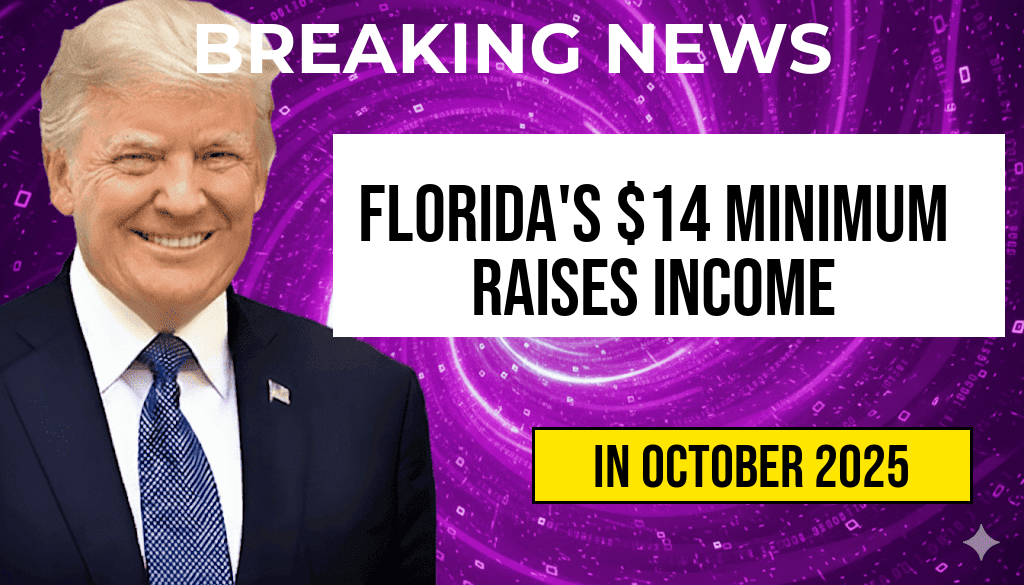Recent tax policy adjustments are poised to significantly benefit the wealthiest Americans, particularly those in the top 1%. According to economic analyses, these high-net-worth individuals are expected to see an average increase of approximately $5,000 in their annual net income as a direct result of the new tax measures. The reforms, which aim to modify various income brackets, capital gains, and estate taxes, have sparked widespread discussion about income inequality and fiscal policy. While the changes target broad economic impacts, the most immediate beneficiaries are clearly those holding substantial wealth, who will experience tangible financial gains in the coming fiscal year.
Understanding the Scope of the Tax Changes
Key Provisions and Adjustments
- Increase in Capital Gains Thresholds: The new policies raise the income thresholds for long-term capital gains tax rates, reducing the tax burden on high-income investors.
- Estate Tax Exemptions: Enhanced estate tax exemptions mean wealth transferred through inheritance will be less taxed, preserving more assets within affluent families.
- Tax Rate Adjustments for Top Brackets: Marginal tax rates for individuals earning above certain high-income thresholds are adjusted, resulting in higher taxes for some brackets but overall increased net income for others due to deductions and credits.
- Incentives for Investment: New incentives aim to encourage investment in specific sectors, indirectly benefiting high-net-worth investors with diversified portfolios.
Impact on the Wealthiest Americans
Projected Income Gains
| Income Bracket | Average Increase in Net Income | Number of Tax Filers |
|---|---|---|
| Above $1 million | $5,200 | Approximately 1.4 million |
| Above $10 million | $6,800 | Estimated 66,000 |
Experts suggest that the cumulative effect of these adjustments results in a net increase in disposable income for the wealthiest Americans, especially those with diversified investment portfolios and substantial inherited wealth. The Internal Revenue Service (IRS) estimates that the combined effect of increased exemptions and reduced taxes on certain capital gains will disproportionately favor high-income taxpayers, boosting their post-tax income by an average of $5,000 annually.
Broader Economic Considerations
Debates Surrounding the Policy Changes
Advocates argue that the reforms promote economic growth by incentivizing investment and wealth retention within the upper echelons of society. They contend that these measures will stimulate job creation and innovation, ultimately benefiting the broader economy. Conversely, critics question whether such targeted benefits exacerbate income inequality, emphasizing that the wealthiest Americans are already enjoying a larger share of national income and assets.
Research from organizations like the Wikipedia page on income inequality in the U.S. highlights trends indicating that disparities have widened over recent decades. Policymakers are divided on the best approach to address these issues, with some advocating for increased taxation on the super-rich to fund social programs, while others prioritize tax cuts aimed at boosting investment.
Implications for Taxpayers and the Economy
Effects on Revenue and Public Services
While the tax changes are projected to provide immediate financial benefits to wealthy households, they also influence government revenue streams. Analysts forecast a potential reduction in federal revenue, which could impact funding for public services and infrastructure. The Congressional Budget Office (CBO) estimates that these adjustments might reduce federal income by billions annually, raising questions about long-term fiscal sustainability.
Potential for Market Response
Financial markets are closely watching these policy shifts, as increased investment incentives could lead to higher stock prices and expanded asset values. High-net-worth investors may also reposition their portfolios to capitalize on new tax advantages, potentially generating broader market activity. However, some economists caution that such benefits might be offset by increased volatility stemming from policy uncertainties.
Looking Ahead
As policymakers continue to refine tax legislation, the anticipated net income gains for the top 1% highlight ongoing debates over equitable growth and fiscal responsibility. The direct financial uplift of roughly $5,000 may seem modest in the context of overall wealth disparities, but it underscores how targeted reforms can produce measurable short-term benefits for high-income households. Stakeholders across the political spectrum are expected to scrutinize these changes, weighing their potential to stimulate economic activity against concerns over income distribution and tax fairness.
For more details on recent tax legislation and its implications, consult resources like Forbes or the Wikipedia page on U.S. taxation.
Frequently Asked Questions
What is the main benefit of the new tax changes for the wealthiest Americans in the top 1%?
The new tax changes are expected to provide the wealthiest Americans in the top 1% with an average $5,000 increase in net income.
How will the tax changes impact the net income of high-income earners?
The tax changes are designed to boost the net income of the top 1% by approximately $5,000, providing additional financial benefits to the wealthiest Americans.
Who qualifies as part of the top 1% of Americans?
The top 1% of Americans includes individuals with the highest net income and wealth, typically those earning above a certain high-income threshold set by recent income and wealth data.
When will the tax changes take effect?
The tax changes are scheduled to be implemented in the upcoming fiscal year, aiming to benefit the wealthiest Americans starting from the next tax season.
Are there any potential concerns or criticisms regarding these tax changes?
Some critics argue that increasing net income for the top 1% could exacerbate income inequality, while supporters contend it promotes economic growth and fairness in the tax system.






